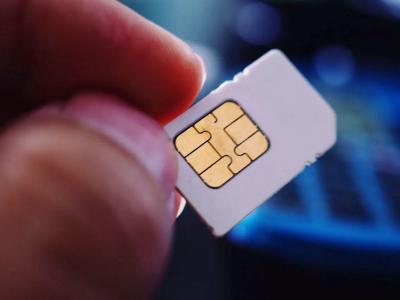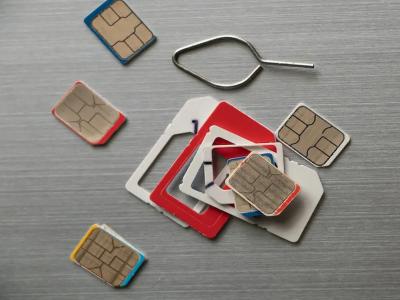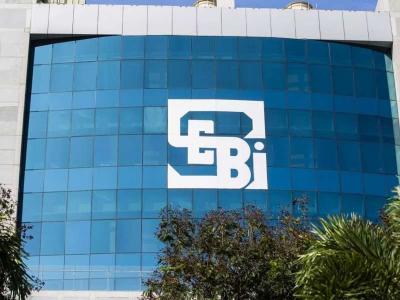Critical changes looming: Update now or face loss as rules shift on January 1, 2024
By Lokmat English Desk | Published: December 23, 2023 11:40 AM2023-12-23T11:40:40+5:302023-12-23T11:40:40+5:30

Certain alterations are anticipated in the financial sector commencing the English New Year on January 1, 2024. It is imperative to undertake specific tasks by the end of this month to mitigate potential adverse consequences. These tasks encompass the nomination of demat and mutual funds, as well as the filing of income tax returns before December 31. Ensure timely completion to preempt any negative impact.

The deadline for filing income tax returns (ITRs) with a penalty for the financial year 2022-23 is set for December 31, 2023. Section 234F of the Income Tax Act imposes penalties on individuals who fail to file their returns before the stipulated due date. This penalty is designed to encourage timely compliance with tax regulations and ensure that taxpayers fulfill their obligations within the prescribed timeframe.

Signing of bank locker contract required : According to RBI, the last date for signing the revised bank locker contract has been extended to December 31, 2023. If a bank customer is not able to do this, their locker will be frozen.

The Reserve Bank of India (RBI) has mandated the renewal process for bank locker agreements in a phased manner, with a deadline set for December 31, 2023. Account holders who had submitted their Bank Locker Agreements on or before December 31, 2022, are required to sign an amended agreement with the concerned bank. This renewal process ensures compliance with updated regulations and is an essential step for customers to continue using their bank lockers without any disruptions. It is imperative for account holders to adhere to this requirement within the specified timeframe.

Starting from January 1, 2024, there will be changes in the rules for acquiring new SIM cards. As per the directives from the Department of Telecommunications, customers are now obligated to undergo the Know Your Customer (KYC) process before they can purchase a new SIM card. This requirement is implemented to enhance security measures and ensure that individuals seeking new SIM cards are properly identified and verified. It is advisable for customers to be aware of and comply with these updated regulations when obtaining a new SIM card.

Certainly, the Know Your Customer (KYC) process will be initiated for acquiring new SIM cards. Moreover, the e-KYC procedure will exclusively be conducted by telecom companies. Other aspects of the rules for obtaining a new mobile connection will remain unchanged. It's important to note that, effective December 31, obtaining a SIM card will require submission of the necessary documents as per the prevailing regulations. Therefore, individuals seeking a new mobile connection are advised to adhere to the specified documentation requirements by the given deadline.

Securities and Exchange Board of India (SEBI) has mandated that all demat account holders must furnish details of their nominees by January 1, 2024. Failure to comply with this requirement will result in account holders being unable to engage in buying and selling shares. It is imperative for demat account holders to adhere to this directive and provide the necessary nominee information within the specified timeframe to ensure uninterrupted access to share trading activities.

SEBI has provided an extension until December 31 for demat account holders to appear in person and submit a signature sample. This requirement pertains to various details such as PAN (Permanent Account Number), nomination, contact details, bank account details, and folio numbers associated with the demat accounts. Account holders are advised to take advantage of this extended deadline to fulfill the necessary obligations, ensuring that their records are updated and compliant with the regulatory framework set by SEBI. Failure to do so within the stipulated time may have consequences, so prompt action is recommended.

The National Payments Corporation of India (NPCI) has instructed payment applications, including Google Pay, Paytm, and PhonePe, to deactivate UPI (Unified Payments Interface) IDs and numbers that have been inactive for more than a year. This action aligns with the directives from the court, emphasizing the need to deactivate UPI accounts that have remained dormant for an extended period. Users are advised to be aware of these developments, as it may impact the status of their UPI IDs if they have not been actively used within the specified timeframe.























